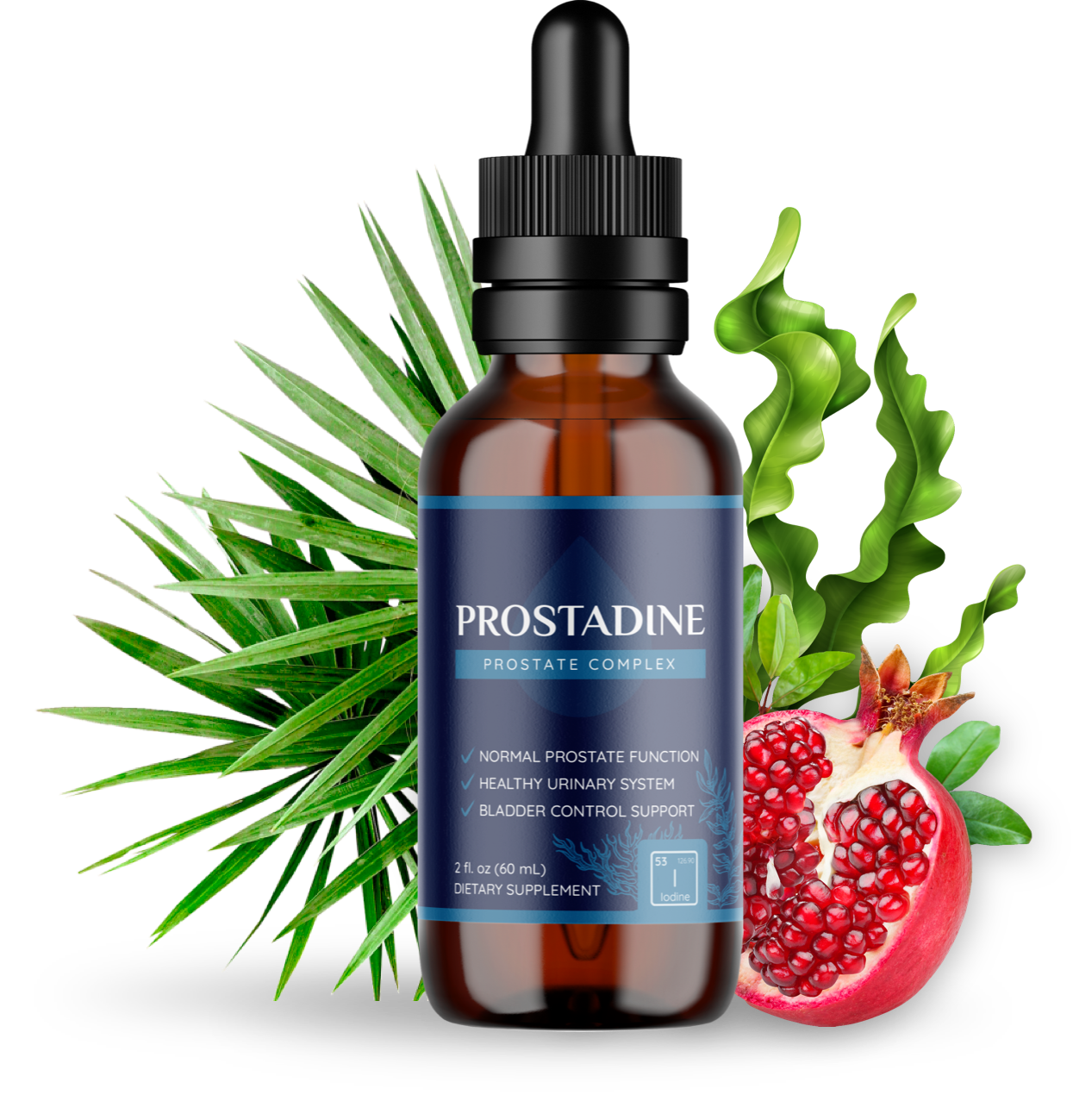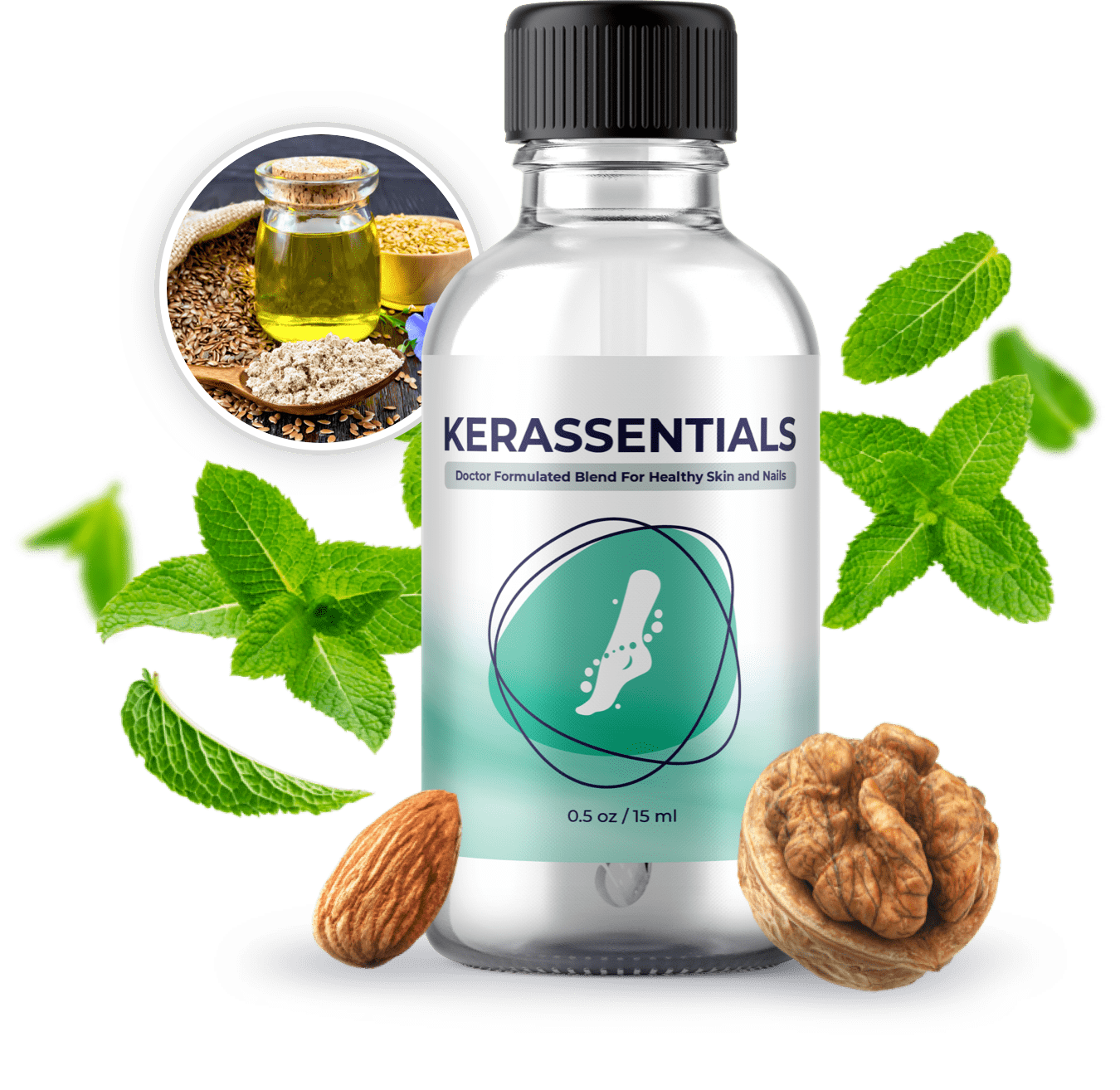The One Coffee-Drinking Habit a Sleep Expert Wants You to Kick (It’s Not Adding Sugar)
Plus, four helpful coffee-drinking habits that can promote better shut-eye.
Your morning cup of joe doesn’t just help you power through the early hours of your day. Although you’ll get the biggest boost of caffeine after it goes down the hatch, research shows that its residual effects can linger for a very long time—even until bedtime.
According to 2024 research, 99 percent of caffeine is absorbed within 45 minutes of consuming it. However, the half-life of caffeine (aka the amount of time it takes for a substance to reduce by half in the body) is much longer. For some folks, the half-life of caffeine can range anywhere between 1.5 to 9.5 hours. With that in mind, what time should you stop drinking coffee?
Michael Breus, PhD (aka “The Sleep Doctor”), a leading sleep specialist and clinical psychologist, says drinking regular coffee past noon is the number one mistake you want to avoid for the sake of your sleep.
Ahead, Dr. Breus shares how caffeine can impact sleep and why you should establish a strict caffeine cutoff time if you hope to achieve quality shut-eye. Plus, he shares helpful coffee-drinking tips that can also help promote better sleep.
Why it’s important to stop drinking caffeine early in the day
Coffee and sleep go hand in hand, but not exactly how we’d like it to. Although coffee may offer tons of health benefits—such as anti-inflammatory antioxidants—studies also show consuming caffeine can impact your quality of sleep in a potentially negative way. This is because caffeine blocks the neurotransmitter adenosine that helps regulate sleep-wake cycles. “[Caffeine] is a stimulant and it blocks sleep-promoting aspects of adenosine,” Dr. Breus says.
Typically, adenosine accumulates in your body throughout the day, which helps signal when it’s time to go to bed. However, caffeine can disrupt this process. The best way to reduce the long-term effects of caffeine is to cut off coffee consumption—and limit any food or drink that contains caffeine—early enough in the day, Dr. Breus says. “The number one mistake coffee drinkers make that impacts sleep is drinking it past noon,” he explains. However, if you need to stretch it, Dr. Breus says 2 p.m. is as late as you should go.
Considering that the half-life of caffeine can be as long as six to eight hours in some cases, Dr. Breus encourages folks to stop drinking caffeine earlier in the day. “Because caffeine can have a lasting stimulant effect, it can get in the way of your sleep and raise your risk of insomnia,” Dr. Breus says. As such, it’s best to get it out of your system well before you hit the six to eight-hour half-life mark.
In addition to stopping consumption early on, Dr. Breus says there are a few other changes you can implement in your day-to-day to help support better sleep. “Several lifestyle changes can help reduce the chances that caffeine will cause or exacerbate sleep problems,” he says. Ahead, we’re sharing six habits for healthier sleep you can take up as soon as today.
4 coffee drinking habits that help promote restful sleep
1. Establish a caffeine cutoff time
When it comes to sleep, consistency is key, which is why Dr. Breus recommends establishing a caffeine cutoff time, and abiding by it. “Decide what hour of the day you will stop consuming caffeine and stick to it,” Dr. Breus says.
However, as to when that might be is a little more personal. “Experts often suggest keeping away from caffeine for at least eight hours before bed, but you can adjust this based on your own sensitivity to caffeine,” he suggests. Of course, noon (or 2 p.m. at the latest) is usually a good benchmark for most folks.
2. Be aware of your caffeine intake
Before you know it, you can easily find yourself three cups of coffee deep before lunchtime, which is why Dr. Breus says staying on top of your caffeine intake throughout the day is important. “Keep track of how many caffeinated products you’re consuming and the likely dose of caffeine in each,” he says. The more caffeine you consume, the longer its effects will last.
Dr. Breus also notes that caffeine is found in more than just a regular cup of joe. “Remember that caffeine can be found in many foods and drinks, so consider your overall nutrition and how it may be impacting your sleep,” he says.
3. Delay coffee consumption for 90 minutes after waking up
According to Dr. Breus, it’s best to wait 90 minutes after waking up to start drinking coffee, as delaying coffee consumption in the morning can help with balancing hormones. During the first hour of waking, cortisol levels tend to rise and fall, otherwise known as the cortisol awakening response (CAR).
“This rise and fall of cortisol represents a healthy nervous system and actually has a big influence over our immune health and even risk of autoimmune development. Pausing on caffeine for the first 90 minutes helps to promote the most balanced CAR and can even better support our energy levels throughout the day,” Abigail Hueber, RD, LDN, a functional dietitian and digestive health expert, previously shared with Well+Good.
4. Skip the coffee add-ons
As delicious as an iced caramel macchiato may be, Dr. Breus advises against the coffee add-ons, specifically the sugary ones, when it comes to promoting healthy sleep habits. A small 2022 research study showed that increased sugar consumption can negatively impact sleep quality. Not to mention, too much added sugar can also have inflammatory effects on the body, which can also impact sleep.
2 additional healthy sleep habits to consider
1. Maintain a consistent bedtime routine
Again, consistency is key when it comes to getting adequate sleep. “Try to go to sleep and get up at the same time every day,” Dr. Breus says. A consistent sleep schedule can help promote a healthier circadian rhythm. “Before bed, unwind by doing something relaxing that puts you in the right mindset for sleep,” he says. Here’s a five-step guide for creating a sleep-inducing nighttime routine to try.
2. Keep the tossing and turning to a minimum
Lying awake in bed tossing and turning all night can be extremely frustrating, which is why Dr. Breus says you should keep it to a minimum if your body can’t seem to relax. “If you find that you’re having a hard time falling asleep, don’t keep lying awake in bed. After 20 minutes, get up and do something quiet and calming until you feel sleepy and can return to bed to fall asleep,” he says.
An herbalist shares a few essential herbal remedies for sleep:
Recommended Story For You :

The alpine secret for healthy weight loss

The Most Potent Fast-Acting Formula For Incinerating Stubborn Fat

Real Cortexi Users Real Life‑Changing Results

This Cold Drink Might Trigger Your Prostate

Red Boost is a powerful new formula for boosting male sexual health.

Everything you eat or drink eventually reaches your liver for processing.

Brand New Probiotics Specially Designed For The Health Of Your Teeth And Gums

Empowering You to Take Control of Your Blood Sugar Health!

Scientists Finally Discover the Root Cause of Belly Fat and Unexplained Weight Gain

